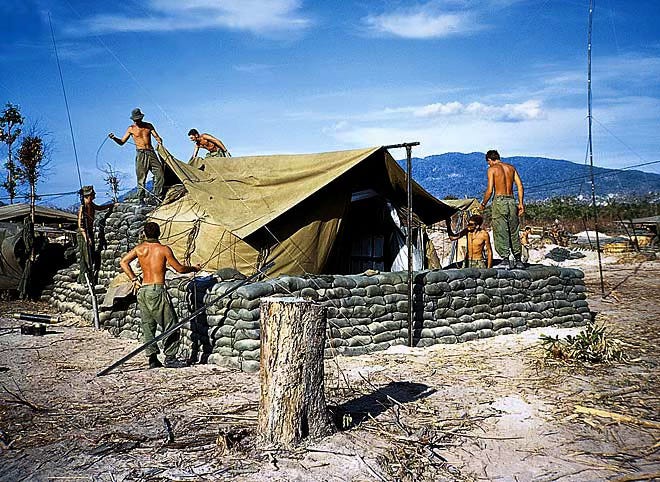How to live in a broken world

In these fraught times, when not only is our country falling apart, but every inhabitant on Planet Earth is facing mortal danger from the approaching climate apocalypse, the philosopher Mara van de Lugt comes to our rescue.
In Lugt’s new book, “Hopeful Pessimism,”1 she asks us to rethink the stories we tell ourselves about hope, despair, and what it means to live with dignity in a world that is breaking. She challenges the simplistic dichotomy promoted in the media, mandating that it is our duty to be optimistic. And, if we dare to be pessimistic, that carries the connotation of cowardice: that we are throwing in the towel.
Her hero is the existential activist and philosopher Albert Camus, who openly declares that his activism is “not driven by optimism, but by a kind of pessimism that's both about the world as it is now, but also about the future.”2
He lived through terrifying times during WWII, with the very future of civilization hanging in the balance. These dire straits made him pessimistic, but that didn’t mean giving up: he continued to act proactively according to his values, pursuing the humane goals he was committed to, regardless of whether he was successful.
Or as Lugt says during the interview with Sean Illing: even in times of grave uncertainty when the outcome looks bleak, we may “still know what we want to put our efforts towards and what we can be committed to.”3 I was privileged to see brave examples of such commitment while working for Vet Centers, counseling Vietnam War combat veterans who had faced such life-or-death situations.
These were Army soldiers, Marines, and a few Seabees who served on small, remote firebases near the border with North Vietnam. At any time, probably at dawn, any of these bases could be overrun by the North Vietnamese Army (NVA). Even when they knew an attack was coming, there was a low probability that gunships or F-4 fighter-bombers could be scrambled in time to provide close air support.
These young Americans did what they could to fortify their position and then waited in agonizing silence. But they never thought of giving up, not so much for their own sake but for their brothers standing with them. For their buddies, they would stand tall, resist, and fight until their last breath.
So it is with us today. We can never give up on our family, friends, and our community.
The person I look to on this subject is Viktor Frankl, a well-known psychiatrist in Germany during Hitler’s reign. He lost everything, not for being an immigrant like in the U.S. today, but because he was Jewish. He was forced to endure four different concentration camps, losing his whole family, relatives, and his whole way of life.
Despite all that, Frankl never gave up. His core message is that, even in the face of unbelievable suffering, there’s always meaning to be found. As he wrote, “Inevitability is not a free pass to give up. It’s a chance to answer a question that life asks you every time you face a struggle: What will you do in spite of this?4”
That’s the question we all face today: What will each of us do in the face of Trump’s assault on our fellow Americans? What will we do in the face of Trump’s assault on our democratic way of life?
xxx
Photo Credit: https://blog.togetherweserved.com/fire-base-mary-ann/
Footnotes:
2 Ibid
3 Ibid.




